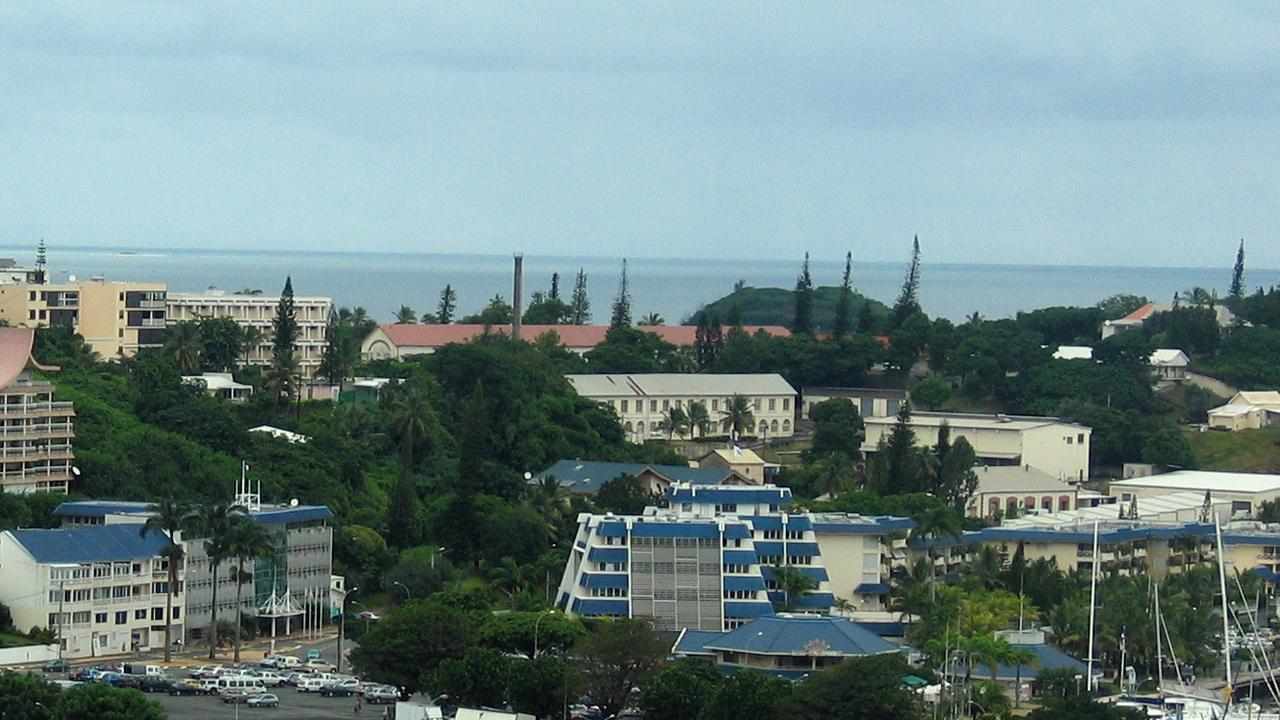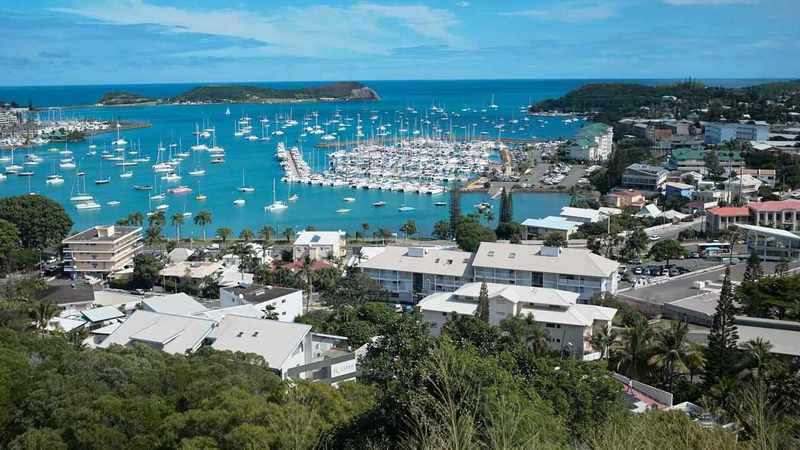Three people have been killed in riots in New Caledonia, an official says, after a move to change voting rules in the French-ruled Pacific island triggered violent unrest in which vehicles were torched and stores looted.
The three dead were young indigenous Kanak, said a spokesman for New Caledonia's president Louis Mapou, citing information provided by the police.
Some residents have armed themselves to protect their homes, a witness said.
Rioting broke out this week before lawmakers in Paris on Tuesday adopted a bill to allow French residents who have lived in New Caledonia for 10 years to vote in provincial elections, in a move some local leaders say will dilute the Kanak vote.
"Residents are terrorised, armed and organising themselves to make the rounds tonight and protect their homes," said Lilou Garrido Navarro Kherachi, 19, who drove on Wednesday morning around protestor blockades in the island's capital Noumea.
She heard gunfire and saw burning cars and buildings, including a ruined veterinary clinic where neighbours had evacuated the animals before the fire spread. Shops and schools remained closed on Wednesday.
Police were outnumbered by protestors, she told Reuters.
"The real problem is the youngsters who trash, burn and loot. We didn't see any police deployed on site," she said.

French President Emmanuel Macron and New Caledonia's Louis Mapou called for calm and dialogue. Macron will chair a crisis meeting on Wednesday, and several politicians have urged him to declare a state of emergency.
The voting amendment is the latest flashpoint in a decades-long tussle over France's role in the mineral-rich island, which lies in the southwest Pacific some 1500km east of Australia.
France annexed the island in 1853 and gave the colony the status of overseas territory in 1946. It has long been rocked by pro-independence movements.
New Caledonia is the world's No.3 nickel producer, and residents have been hit by a crisis in the nickel sector, with one in five living under the poverty threshold.
"Politicians have a huge share of responsibility," said 30-year-old Henri, who works in a hotel in Noumea. "Loyalist politicians, who are descendants of colonialists, say colonisation is over, but Kanak politicians don't agree. There are huge economic disparities," he said.
Henri, who declined to give his full name, said there was a lot of looting amid the riots, with the situation most dangerous at night.
French officials said one person had been found shot dead in an industrial zone, with High Commissioner Louis le Franc saying the shot did not come from police but "from someone who was probably defending himself".
The French government said the change in voting rules was needed so elections would be democratic in the country's territory.
Macron has offered to hold dialogue between New Caledonia's pro- and anti-independence camps and the government said he would not rush to call a special congress of the two houses of parliament to rubber-stamp the bill.
The major pro-independence political group, Front de Liberation Nationale Kanak et Socialiste (FLNKS), which condemned the violence, said it would accept Macron's offer of dialogue and was willing to work toward an agreement "that would allow New Caledonia to follow its path toward emancipation".
Most residents were staying indoors. With stores closed, breastfeeding mothers were organising to share milk with mothers who have none left to feed their babies, said witness Garrido Navarro Kherachi.
She said she moved to New Caledonia when she was eight years old, and has never been back to France. Although eligible to vote under the new rules, she says she won't "out of respect for the Kanak people".
"That would give me the right to vote but I don't feel I know enough about the history of Caledonia and the struggle of the Kanak people to allow me to vote," she said.









